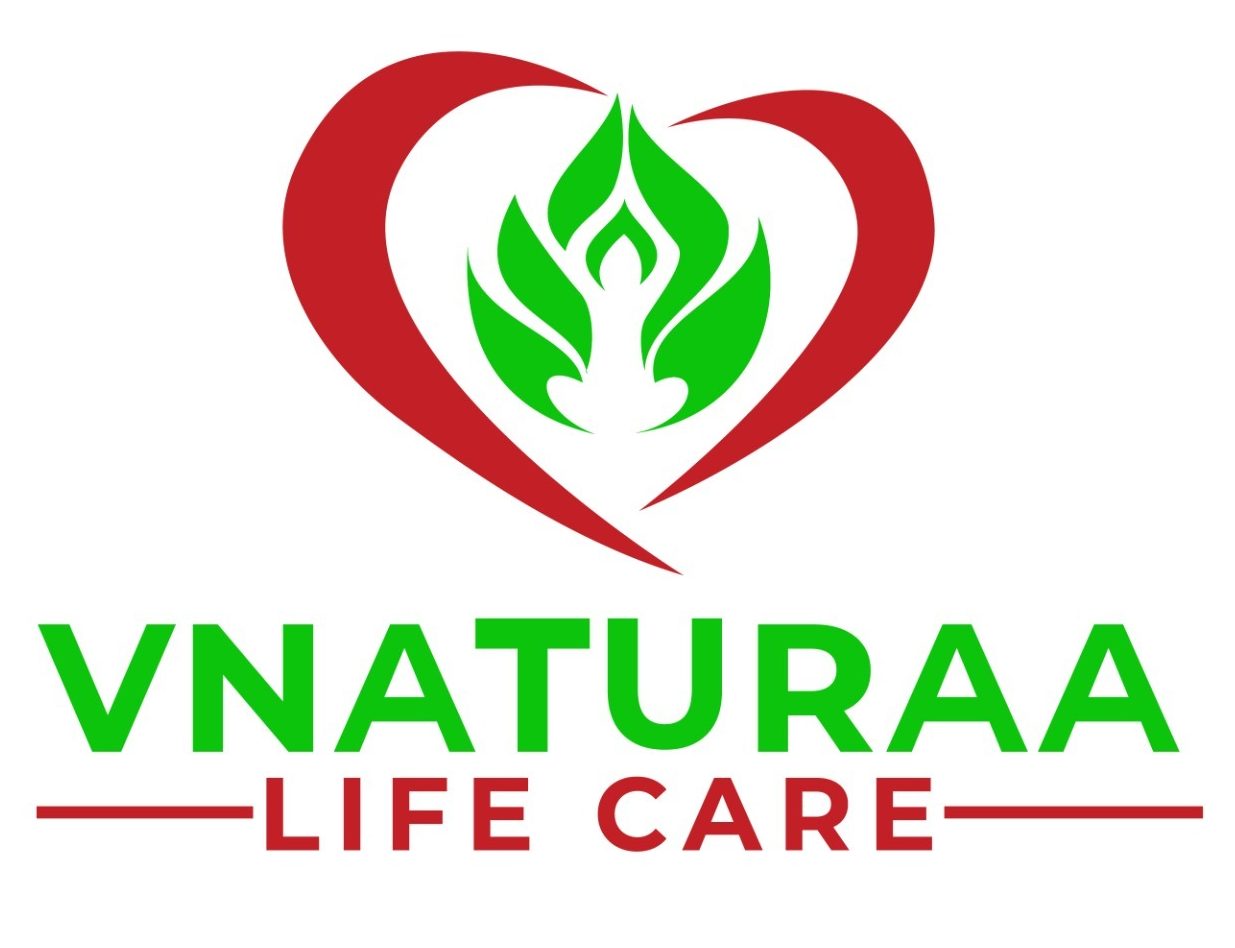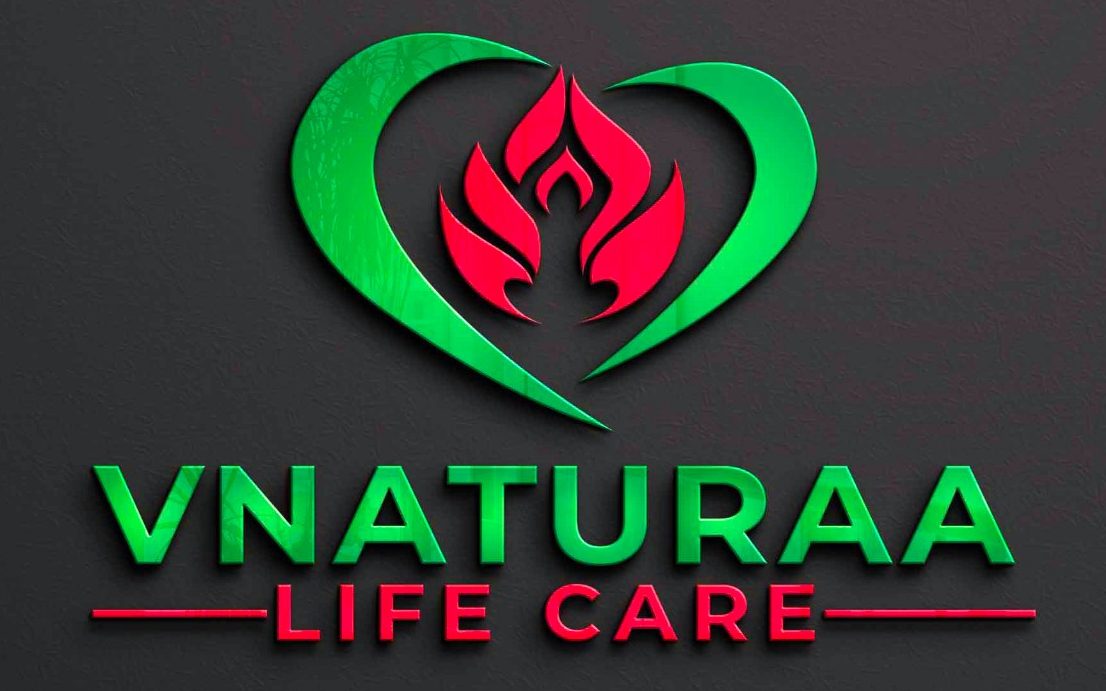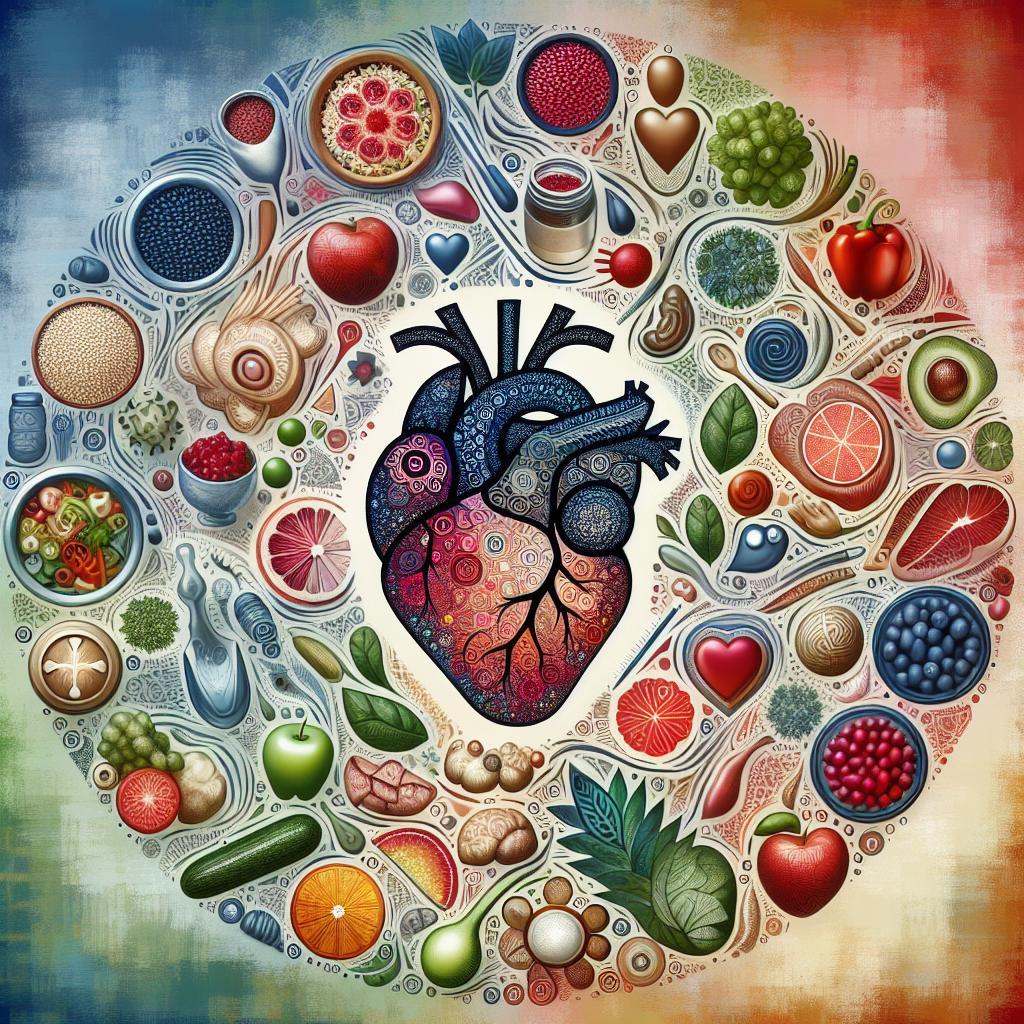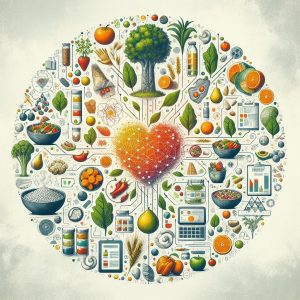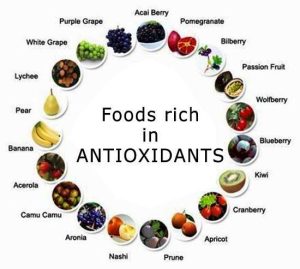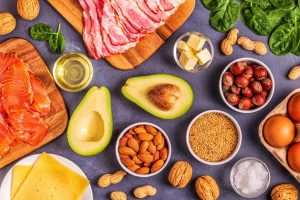Healthy Eating: Your Comprehensive Guide to a Balanced Diet
Meta Title: Unlocking the Secrets of Healthy Eating: Tips, Diet Plans, and Nutrient-Rich Foods
Meta Description: Discover healthy eating strategies, including balanced diets, nutrition tips, meal planning, and the benefits of nutrient-rich foods for weight management and overall well-being.
Eating well is fundamental for maintaining a healthy lifestyle. By embracing a balanced diet filled with nutrient-dense foods, you can boost your energy, improve your mood, and manage your weight effectively. This comprehensive guide will explore the principles of healthy eating, various diets, and practical tips for incorporating nutritious meals into your daily routine.
Understanding a Balanced Diet
A balanced diet involves consuming a variety of foods in the right proportions to obtain the necessary nutrients your body needs. Here’s a breakdown of key components:
Macronutrients
- Carbohydrates: Provide energy; opt for whole grains and fiber-rich foods.
- Proteins: Essential for growth and repair; include high-protein foods like beans, lean meats, and dairy.
- Fats: Necessary for cell function; focus on healthy fats from avocados, nuts, and olive oil.
Vitamins and Minerals
These micronutrients are essential for bodily functions, from strengthening your immune system to bone health. Incorporate a range of colorful fruits and vegetables to maximize intake.
Fiber
Fiber is crucial for digestive health and can help with weight management. Aim for at least 25 grams per day from sources like fruits, vegetables, and whole grains.
Hydration
Staying hydrated is vital for overall health. Aim for 8-10 cups of water daily and include hydration-rich foods like cucumbers and watermelon.
Popular Diets for Healthy Eating
Choosing the right diet can significantly influence your health. Here are some popular dietary approaches:
1. High-Protein Diet
This diet promotes weight loss by reducing hunger and boosting metabolism. Include lean meats, eggs, dairy products, legumes, and nuts.
2. Low-Carb Diet and Keto Diet
Both diets aim to reduce carbohydrate intake. The keto diet is extreme, pushing your body into ketosis, while a low-carb diet encourages moderate carb intake. Focus on healthy fats and protein sources.
3. Plant-Based and Vegan Nutrition
Plant-based diets emphasize whole foods and limit animal products. Vegan diets exclude all animal products, so ensure you meet protein and nutrient needs through legumes, nuts, and fortified foods.
4. Mediterranean Diet
Rich in healthy fats, whole grains, and lean proteins, the Mediterranean diet is associated with heart health. Key components include olive oil, fruits, vegetables, and fish.
5. Paleo Diet
This diet mirrors the eating habits of early humans, emphasizing whole foods while excluding processed items, dairy, and grains. Focus on lean meats, fish, vegetables, and nuts.
Nutrition Tips for a Balanced Diet
- Meal Planning: Preparation is key to eating healthily.
– Create a meal plan every week.
– Include a variety of food groups.
- Portion Control: Be mindful of serving sizes to help manage weight.
– Use smaller plates to help control portions.
- Calorie Counting: Understanding caloric intake can aid in weight management.
– Track your meals using apps or journals.
- Mindful Eating: Slow down and enjoy your food.
– Eliminate distractions during meals and savor each bite.
Tips for Healthy Snacking
- Opt for whole foods like fruits, nuts, or yogurt.
- Include fiber-rich foods to keep you full longer.
Nutrient-Rich Foods to Consider
The following table highlights some essential nutrient-rich foods categorized by their key benefits:
| Food Type | Key Nutrient | Health Benefits |
|————————-|——————————-|———————————————|
| Leafy Greens | Vitamins A, C, K | Supports immune and bone health. |
| Berries | Antioxidants | Protects against oxidative stress. |
| Quinoa | Complete protein | Ideal for plant-based diets. |
| Greek Yogurt | Probiotics | Promotes gut health. |
| Salmon | Omega-3 fatty acids | Supports heart and brain health. |
| Nuts (Almonds, Walnuts) | Healthy fats | Aids in satiety and heart health. |
| Beans and Legumes | Fiber and protein | Excellent for digestion and weight loss. |
Superfoods and Their Benefits
Superfoods are nutrient-rich foods that offer numerous health benefits. Such foods include:
- Spinach: Packed with vitamins A and C, iron, and calcium.
- Some Fish (like salmon): High in omega-3 fatty acids, which promote heart health.
- Avocado: Contains healthy fats, fiber, and potassium.
- Chia Seeds: Rich in fiber and omega-3s, great for digestion.
Case Studies: Success Stories with Diet Plans
Case Study 1: Weight Loss on a High-Protein Diet
John, a 35-year-old, incorporated a high-protein diet focusing on lean meats, legumes, and nuts. Over six months, he lost 30 pounds and improved his energy levels.
Case Study 2: Benefits of a Plant-Based Diet
Samantha transitioned to a vegan diet, emphasizing whole foods. She noticed improved digestion and energy levels while managing her weight effectively.
Conclusion: Embrace Healthy Eating Habits
Healthy eating is a lifestyle choice that can transform your life. By understanding the principles of a balanced diet and incorporating nutrient-rich foods into your meals, you can boost your well-being, manage your weight, and enhance your overall health. Whether you opt for a low-carb diet, Mediterranean diet, or plant-based nutrition, the key is to find what works best for you.
Avoid dieters’ pitfalls like extreme restrictions and focus instead on sustainable changes. Incorporate good hydration, meal planning, portion control, and mindful eating strategies for lasting results. Start your journey towards healthy eating today and discover the immense benefits of a balanced diet!
—
This guide is designed to provide you with valuable insights and actionable strategies for embracing healthy eating. By prioritizing nutrition in your daily life, you can achieve your health goals while enjoying delicious and wholesome foods.
